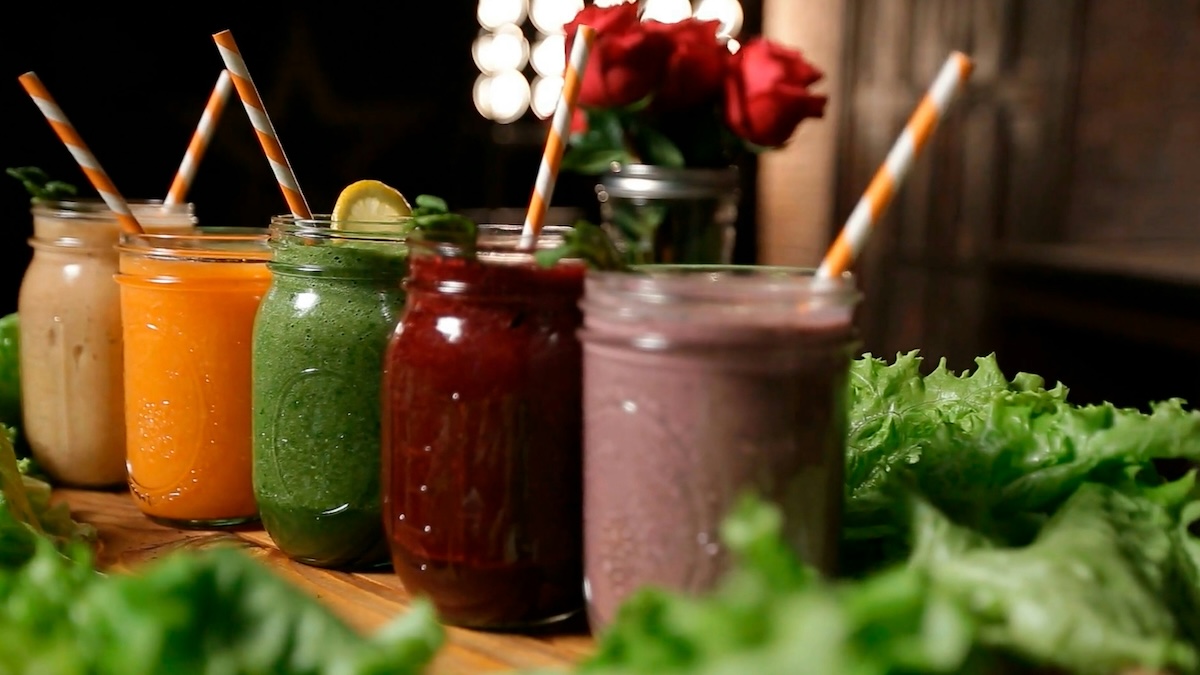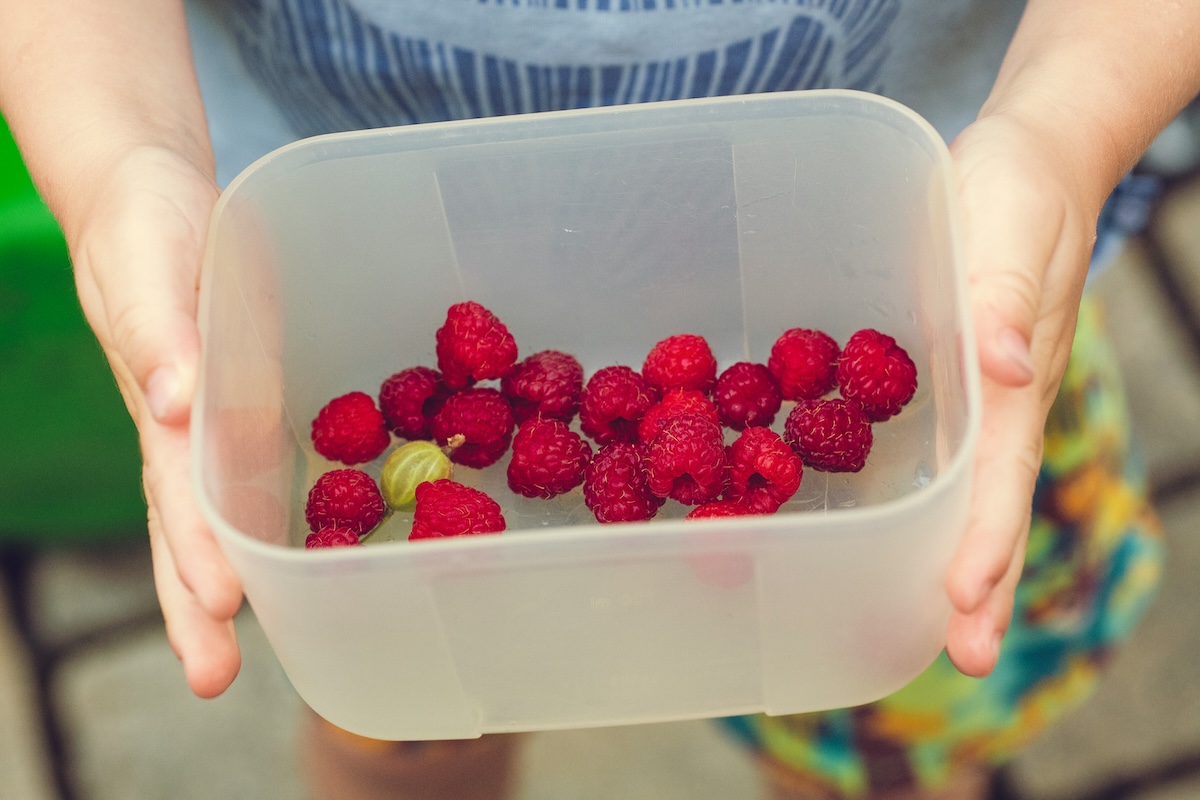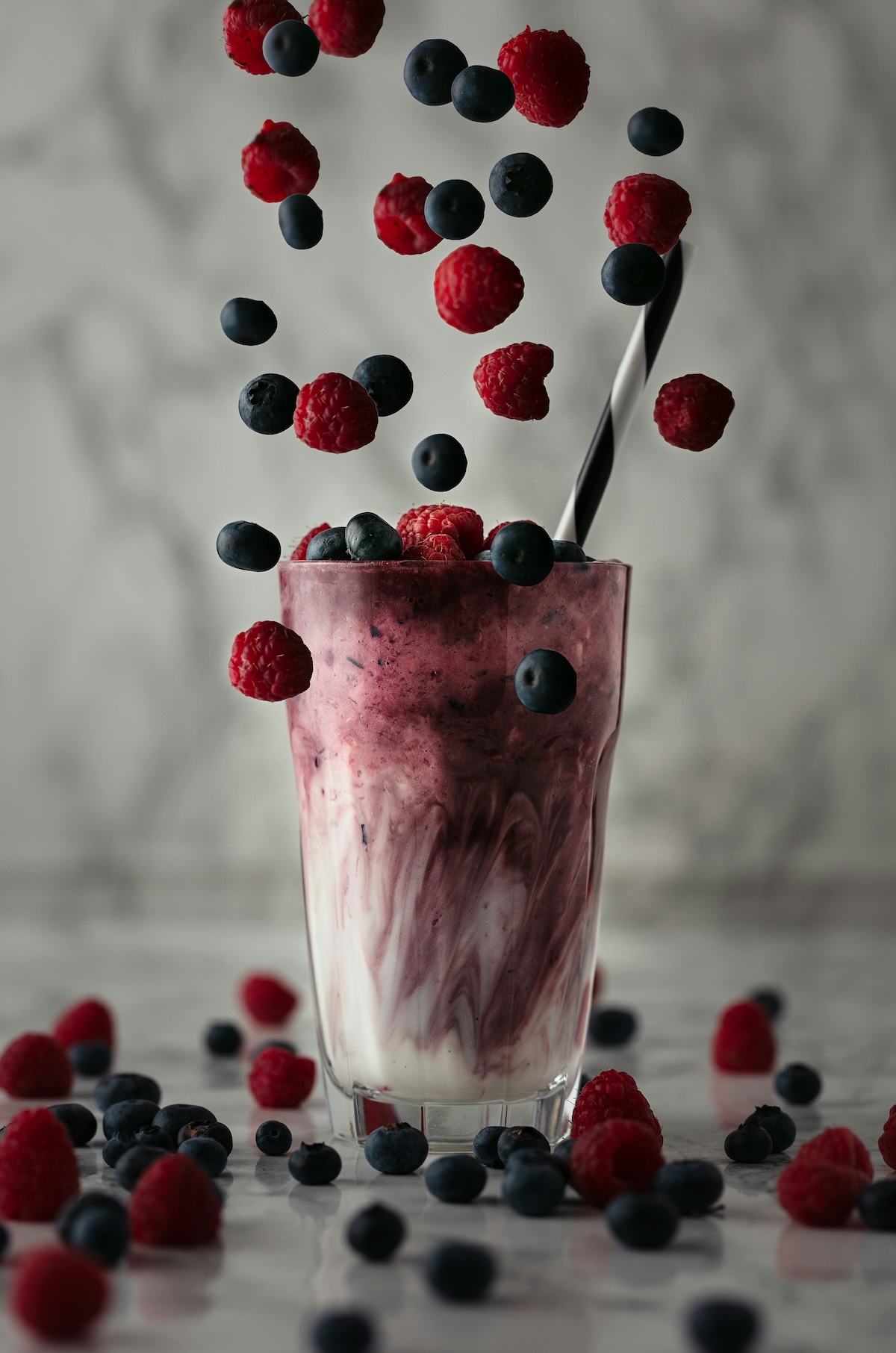Best Plant Milk for Kids: Parent's Guide (2026)

This article contains affiliate links to help keep this site free. If you purchase through these links, I may earn a small commission at no extra cost to you. Read our full disclosure policy.
Making the switch to plant-based milk for your kids? You're not alone. Whether you're dealing with lactose intolerance, dairy allergies, following a vegan lifestyle, or simply exploring healthier options, choosing the right plant milk for children requires careful consideration. This guide covers everything you need to know about finding the best dairy alternative for your child.
🏆 Quick Answer: Best Plant Milks for Kids
Not all plant milks are equal when it comes to children's nutrition. Here are the top choices:
- Fortified Soy Milk - Best overall (highest protein, fortified with calcium & vitamin D)
- Fortified Oat Milk - Great for picky eaters (naturally sweet, creamy)
- Fortified Pea Milk - Best for allergen-free needs (nut-free, high protein)
The key word: FORTIFIED. Always choose plant milks fortified with calcium, vitamin D, and vitamin B12 when serving to children.
🛒 Shop Kid-Friendly Plant Milks:
Why Nutrition Matters More for Kids
Children have different nutritional needs than adults. During growth years (ages 1-18), kids need:
- Calcium: Essential for bone development (700-1,300mg daily depending on age)
- Vitamin D: Helps calcium absorption and immune function (600 IU daily)
- Protein: Critical for growth and muscle development
- Vitamin B12: Important for brain development and energy
The challenge: Most plant milks naturally lack these nutrients. Cow's milk provides them naturally, but fortified plant milks can match or exceed dairy when chosen correctly.

Complete Plant Milk Comparison for Kids
🥇 Soy Milk (Best Overall Choice)
Nutrition per cup (fortified):
- Protein: 7-8g (comparable to cow's milk)
- Calcium: 300mg (when fortified)
- Vitamin D: Added in fortified versions
- Calories: 80-100
Why it's great for kids:
- Only plant milk with protein levels matching dairy
- Contains all 9 essential amino acids (complete protein)
- Fortified versions provide same calcium as cow's milk
- Widely available and affordable
Best for: All ages 1+, especially growing kids who need protein
🌾 Oat Milk (Best for Picky Eaters)
Nutrition per cup (fortified):
- Protein: 2-4g (lower than dairy)
- Calcium: 300-350mg (when fortified)
- Vitamin D: Added in fortified versions
- Calories: 90-120
Why kids love it:
- Naturally sweet and creamy - most kid-friendly taste
- Similar texture to whole milk
- Great in cereal and for drinking straight
Best for: Kids who resist other plant milks, ages 2+
💪 Pea Milk (Best for Allergen-Free)
Nutrition per cup (fortified):
- Protein: 8g (matches dairy)
- Calcium: 450mg (more than dairy!)
- Vitamin D: Added in fortified versions
- Calories: 70-100
Why it's ideal for allergies:
- Free from top 8 allergens (no soy, nuts, gluten, dairy)
- High protein like soy milk
- Creamy texture kids enjoy
Best for: Kids with multiple food allergies, ages 1+
Age-Specific Recommendations
For Toddlers (1-3 Years)
Best choices: Fortified whole soy milk or fortified pea milk
Why: Toddlers need fat for brain development and high protein for growth.
For Preschoolers (3-5 Years)
Best choices: Fortified soy milk, oat milk, or pea milk
Why: Still need good protein and calcium.
For School-Age Kids (6-12 Years)
Best choices: Any fortified plant milk based on taste preference
Why: Can get protein from varied diet, so focus on calcium and vitamin D.
Making the Transition Easier
Switching from dairy to plant milk can be challenging for picky eaters. Here's how to make it smooth:
Gradual Transition Method:
- Week 1: 75% dairy, 25% plant milk (mixed together)
- Week 2: 50% dairy, 50% plant milk
- Week 3: 25% dairy, 75% plant milk
- Week 4: 100% plant milk

Tips for Success:
- Start with the creamiest option: Oat milk or whole soy milk taste closest to dairy
- Keep it cold: Very cold plant milk tastes better
- Try different brands: Taste varies significantly between brands
- Use in familiar contexts first: Cereal or smoothies before offering as a drink
- Make it fun: Use plant milk in baking cookies or muffins together
❓ Frequently Asked Questions
What is the best plant milk for kids?
Fortified soy milk is the best plant milk for kids overall. It provides 7-8g of protein per cup (matching dairy milk), contains all 9 essential amino acids, and fortified versions provide the same calcium and vitamin D as cow's milk. For picky eaters, fortified oat milk is a great alternative due to its naturally sweet, creamy taste.
Is plant milk safe for toddlers?
Yes, fortified plant milks are safe for children over 1 year old. The key is choosing fortified versions with calcium, vitamin D, and vitamin B12. Soy milk and pea milk are closest nutritionally to cow's milk. Babies under 12 months should only receive breast milk or infant formula, not plant milks.
Which plant milk has the most protein for kids?
Soy milk and pea milk have the most protein for kids, providing 7-8 grams per cup - the same as dairy milk. Both contain complete proteins with all 9 essential amino acids. Oat milk (2-4g), almond milk (1g), and coconut milk (0-1g) are significantly lower in protein.
Will my child get enough calcium from plant milk?
Yes, if you choose fortified plant milk. Fortified plant milks contain 300-450mg of calcium per cup, matching or exceeding dairy milk. Always check the label to ensure the plant milk is fortified with calcium and vitamin D for proper calcium absorption.
What age can kids start drinking plant milk?
Children can start drinking fortified plant milk at age 1 year. Before age 1, babies should only consume breast milk or infant formula. After age 1, fortified soy milk or pea milk are the best choices as they match dairy milk's protein and calcium content.
Is oat milk good for kids?
Oat milk can be good for kids if it's fortified with calcium and vitamin D. It has a naturally sweet, creamy taste that kids love, making it ideal for picky eaters. However, oat milk is lower in protein (2-4g vs 7-8g in dairy), so ensure your child gets protein from other sources in their diet.
Bottom Line: Best Plant Milk for Your Kids
For most families, fortified soy milk is the best all-around choice for children. It matches cow's milk in protein and calcium, tastes good, and is affordable.
For picky eaters, start with fortified oat milk - its naturally sweet, creamy taste makes the transition easiest.
For kids with allergies, fortified pea milk provides complete nutrition without common allergens.
The golden rule: Always choose fortified versions with calcium, vitamin D, and vitamin B12.
🛒 Find the Best Plant Milk for Your Family
🥛 Not Sure Which Plant Milk Is Right for Your Family?
Take our free quiz to find your perfect match based on your taste preferences, values, and lifestyle!
Take the Quiz →